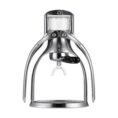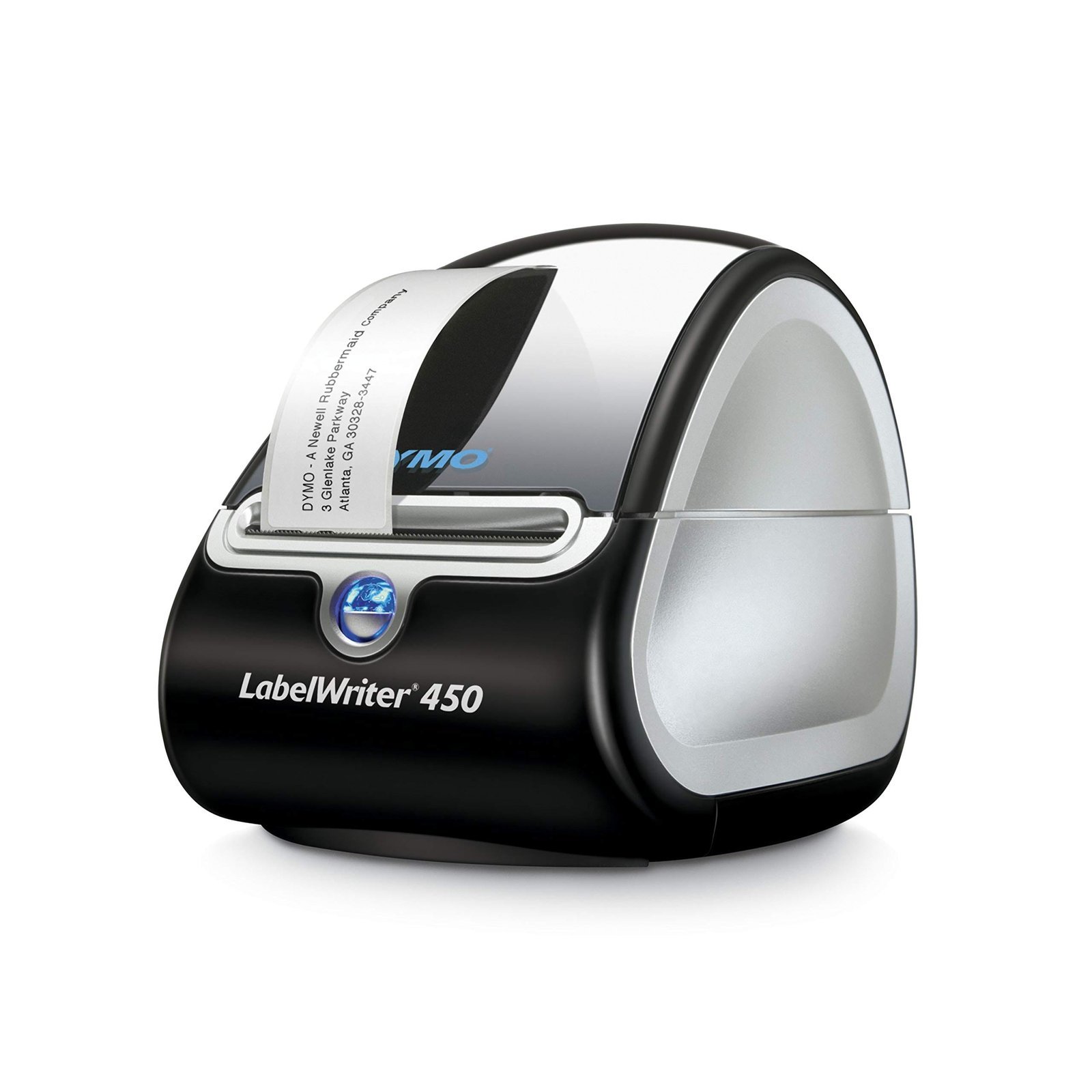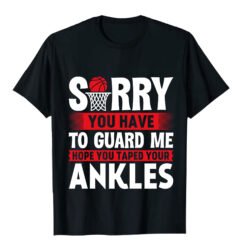In today’s online shopping world, getting noticed is more important than ever. One of the best ways to ensure your e-commerce brand stands out is by using the right keywords. Keywords are the words or phrases that people type into search engines like Google when looking for products. If you choose the right keywords, you can attract more visitors to your website and boost your sales.
In this blog, we will discuss how to select the best keywords for your e-commerce brand. We’ll cover the basics of keywords, how to do keyword research, and how to analyze your audience. By the end, you’ll have a solid understanding of how to choose effective keywords that can help your business grow.
Understanding the Basics of Keywords
What Are Keywords?
Keywords are essential for online marketing. They are the terms that potential customers use to find products or services. For example, if someone types “running shoes” into a search engine, that phrase is a keyword.
Types of Keywords
There are several types of keywords to consider:
- Short-Tail Keywords: These are usually one or two words long, like “shoes” or “electronics.” They tend to have high search volumes but can be very competitive.
- Long-Tail Keywords: These are longer phrases, typically three or more words, such as “best running shoes for women” or “affordable electronics online.” They usually have lower search volume but can attract more targeted traffic.
- Local Keywords: These keywords include specific locations, like “shoe store in New York” or “electronics shop near me.” They are great for businesses that serve a local area.
Keyword Intent
Understanding keyword intent is crucial. There are three main types of intent:
- Informational: The user wants to learn something (e.g., “how to choose running shoes”).
- Navigational: The user is looking for a specific website (e.g., “Nike official site”).
- Transactional: The user is ready to make a purchase (e.g., “buy running shoes online”).
Conducting Keyword Research
Why Keyword Research is Essential
Keyword research is the process of finding the right keywords to target. It helps you understand what your potential customers are searching for and guides your content strategy.
Tools for Keyword Research
Several tools can help you with keyword research:
- Google Keyword Planner: This free tool helps you find keywords and shows how many people are searching for them.
- SEMrush: A paid tool that offers in-depth keyword analysis and competitor insights.
- Ahrefs: Another powerful paid tool for keyword research and tracking.
- Ubersuggest: A free tool that gives you keyword ideas and search volume data.
How to Use These Tools
Using these tools is straightforward. You can enter a keyword related to your product, and the tool will suggest similar keywords along with their search volumes and competition levels.
Analyzing Competitor Keywords
Looking at your competitors can provide valuable insights. Identify a few top competitors and see which keywords they are using on their websites. This can help you discover new keyword opportunities.
Analyzing Your Target Audience
Understanding Your Customers
Knowing your audience is key to choosing the right keywords. Think about what problems your customers want to solve and what products they are looking for.
Creating Customer Personas
Customer personas are fictional characters that represent your ideal customers. By creating these personas, you can better understand their needs, preferences, and search behaviors.
Surveys and Feedback
Don’t forget to ask your customers what they are looking for. Surveys and feedback can reveal new keyword ideas and help you understand your audience better.
Choosing the Right Keywords
Evaluating Keyword Metrics
When selecting keywords, consider the following metrics:
- Search Volume: This shows how many people are searching for a keyword. Higher search volume usually means more potential traffic.
- Competition Level: This indicates how many other websites are trying to rank for the same keyword. Aim for keywords with lower competition if you’re just starting out.
- Relevance: Make sure the keywords you choose are relevant to your products and audience.
Balancing Short-Tail and Long-Tail Keywords
It’s essential to use a mix of both short-tail and long-tail keywords. While short-tail keywords can bring in more traffic, long-tail keywords are often easier to rank for and can attract more qualified leads.
Focusing on Buyer Intent
Always keep buyer intent in mind. Target keywords that indicate a strong intent to purchase, such as “buy now” or “discount on running shoes.” These keywords are more likely to convert visitors into customers.
Examples of Effective Keywords
For a fitness e-commerce store, examples of effective keywords could include:
- Short-tail: “fitness equipment”
- Long-tail: “best home gym equipment for small spaces”
- Local: “Gym equipment store in Los Angeles”
Implementing Keywords Strategically
On-Page SEO
Once you have your keywords, it’s time to implement them on your website. Use keywords in:
- Product Descriptions: Make sure your product descriptions are informative and include relevant keywords.
- Titles and Headings: Incorporate keywords into your page titles and headings for better visibility.
- Meta Descriptions: Write compelling meta descriptions that include your keywords to attract clicks from search results.
Content Creation
Creating high-quality content is crucial. Write blog posts, articles, and guides that include your target keywords naturally. This not only helps with SEO but also provides value to your audience.
Using Keywords in URL Structure
Keep your URLs short and descriptive. Including your target keyword in the URL can improve your SEO.
Tracking Keyword Performance
After implementing your keywords, monitor their performance. Use tools like Google Analytics to see which keywords are driving traffic to your site. Adjust your strategy based on what’s working and what’s not.
Local SEO Considerations
Importance of Local Keywords for E-Commerce
If your e-commerce business has a physical location or offers local services, using local keywords can help you reach customers in your area.
How to Optimize for Local SEO
To optimize for local SEO, you can:
- Create a Google My Business listing to enhance local visibility.
- Include localized content on your website, such as blog posts about local events or community involvement.
- Encourage customer reviews to boost your local search rankings.
Conclusion
Choosing the right keywords for your e-commerce brand is essential for success in the competitive online market. By understanding the basics of keywords, conducting thorough research, and analyzing your audience, you can select effective keywords that drive traffic and increase sales.
Start applying these strategies today, and watch your e-commerce business grow!
FAQs
1. What are the best tools for keyword research?
Some of the best tools include Google Keyword Planner, SEMrush, Ahrefs, and Ubersuggest. Each tool has its strengths, so choose one that fits your needs.
2. How do I know if a keyword is too competitive?
You can check the competition level using keyword research tools. If many high-authority websites rank for the keyword, it might be too competitive for a new site.
3. What are long-tail keywords, and why are they important?
Long-tail keywords are longer, more specific phrases that often have lower competition. They can attract more targeted traffic, making them valuable for conversion.
4. How often should I update my keywords?
Regularly review your keywords every few months. Trends change, and new keywords may become relevant as your business evolves.
5. Can I use the same keywords for multiple products?
While you can use similar keywords, it’s best to tailor keywords to each product to avoid keyword cannibalization and improve SEO.
6. What should I do if my chosen keywords aren’t performing?
If your keywords aren’t performing well, consider revisiting your keyword research, analyzing competitors, and adjusting your strategy based on what is working.
7. How important is keyword placement in my content?
Keyword placement is important for SEO. Use keywords naturally in your content, titles, and headings to help search engines understand what your pages are about.





















